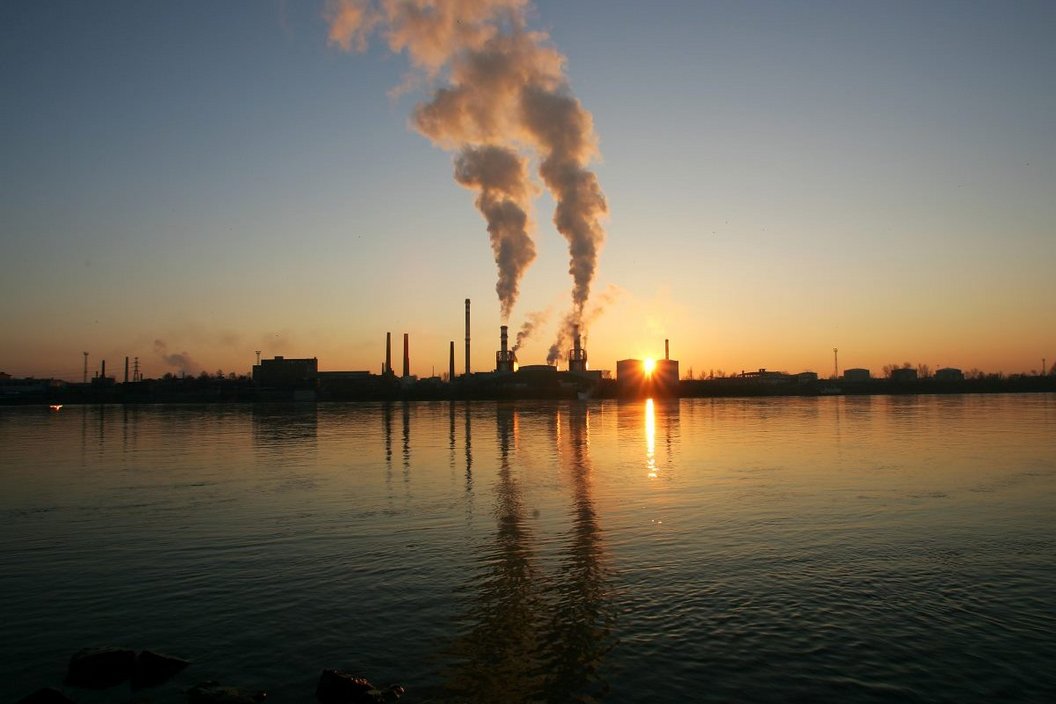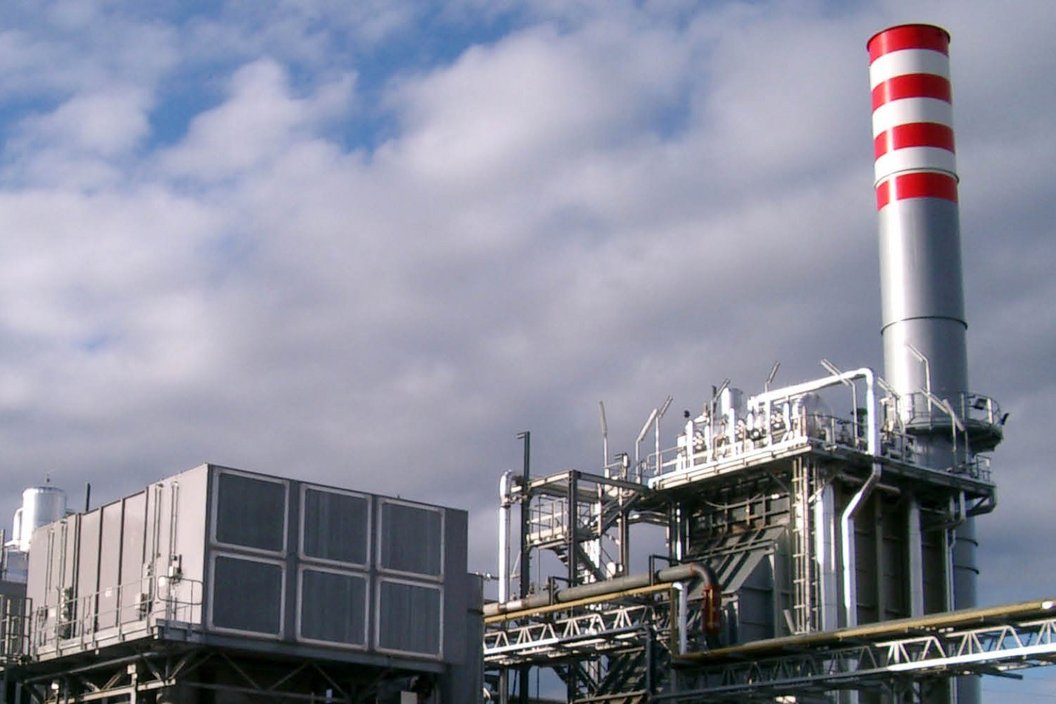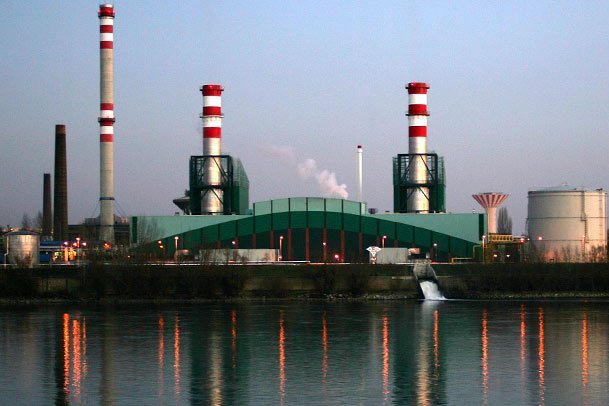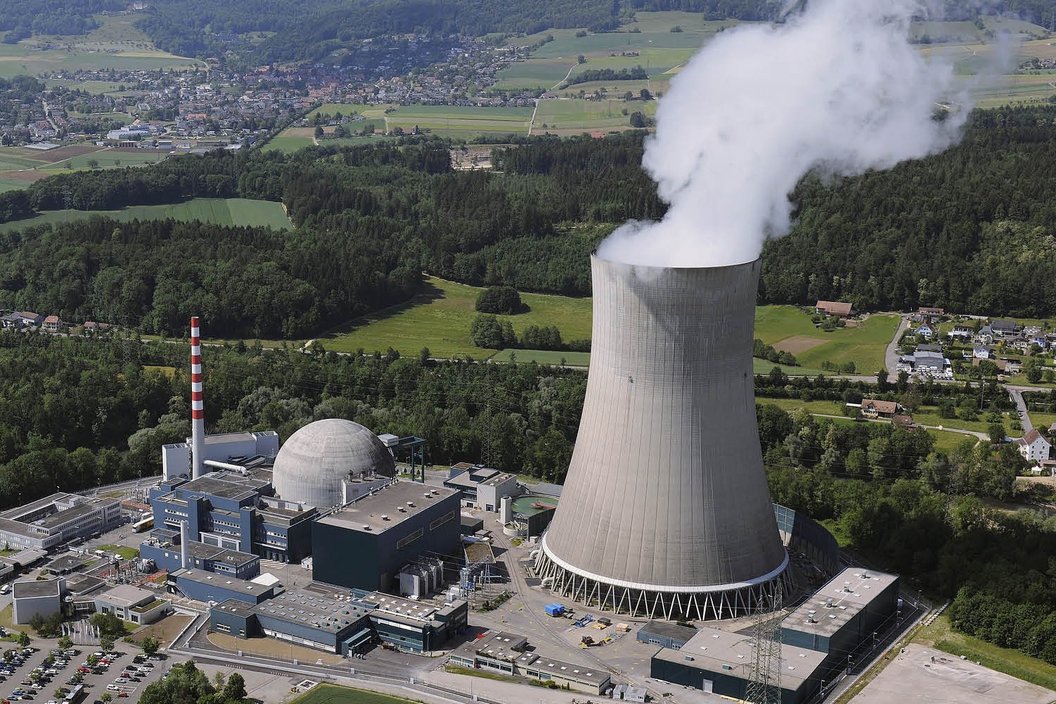
Csepel, Hungary
The gas-fired combined cycle power plant in Csepel covers around six per cent of Hungary's electricity consumption and feeds heat into Budapest's district heating grid.
Find out moreAlpiq owns and operates gas-fired power plants in Italy, Spain and Hungary, as well as nuclear power plants in Switzerland. These thermal assets play an important role in improving security of supply. Gas-fired power plants are characterised by their very high flexibility, while nuclear power plants produce electricity consistently and on a 24/7 basis.

Alpiq owns and operates thermal power plants across various European countries: gas-fired power stations in Italy, Spain and Hungary, and nuclear power plants in Switzerland. These thermal assets share a crucial communality: they make an essential contribution to improving security of supply in their respective countries by reliably and safely converting fuels into heat, mechanical or electrical energy. The key distinction? Gas-fired power plants are renowned for their exceptional flexibility, allowing them to swiftly respond to fluctuations in the electricity grid. In contrast, nuclear power plants provide valuable base load energy, operating around the clock and at a constant rate.

In countries with limited or no hydroelectric power, large-scale gas-fired power plants provide the necessery flexibility for the energy system. Their high efficiency and adaptability enable the integration of substantial amounts of electricity from intermittent renewable sources, particularly wind and solar power. Simultaneously, they ensure a consistent supply of electricity to society at all times.
Since gas can be stored, gas-fired power stations can be utilised flexibly, precisely when demand surpasses the production from renewable sources. In such situations, natural gas often becomes the only viable option for generating heat or electricity.
Gas-fired power plants rank among the most efficient conventional power plants, but have the disadvantage of producing CO2 emissions. Alpiq places a high priority on generating energy in the most environmentally friendly way possible and on reducing these emissions. The power plants are equipped with state-of-the-art environmental technology. Alpiq is dedicated to operating these facilities responsibly and as efficiently as possible. In addition, the plants are being prepared to transition from fossil gas to greenhouse gas-neutral fuels as soon as they become available.

Nuclear power plants produce consistently large amounts of base load electricity around the clock. They are particularly crucial for a stable and reliable electricity supply in Switzerland during the winter months, when domestic river hydroelectric power plants and rooftop photovoltaic systems do not produce enough electricity and other countries themselves have an increased demand for electricity. Switzerland's nuclear power plants generate around a third of the country's electricity annually, and significantly more during the winter months.
Safety is the top priority in the operation of nuclear power plants. Each year, substantial investments are made in plant-related improvements, measures to maintain the substance of the plants, and fuel elements to ensure long-term safety and continuously enhance the safety and availability of the power plants.
Alpiq's nuclear energy portfolio includes interests in the Gösgen (KKG) and Leibstadt (KKL) nuclear power plants, as well as purchase rights for electricity from French nuclear power plants.
In order to show you the content of Google Maps, you must consent to the use of third-party cookies (e.g. Google).
Please note that by giving consent, personal data will be transmitted to third parties. You can adjust your consent at any time.
